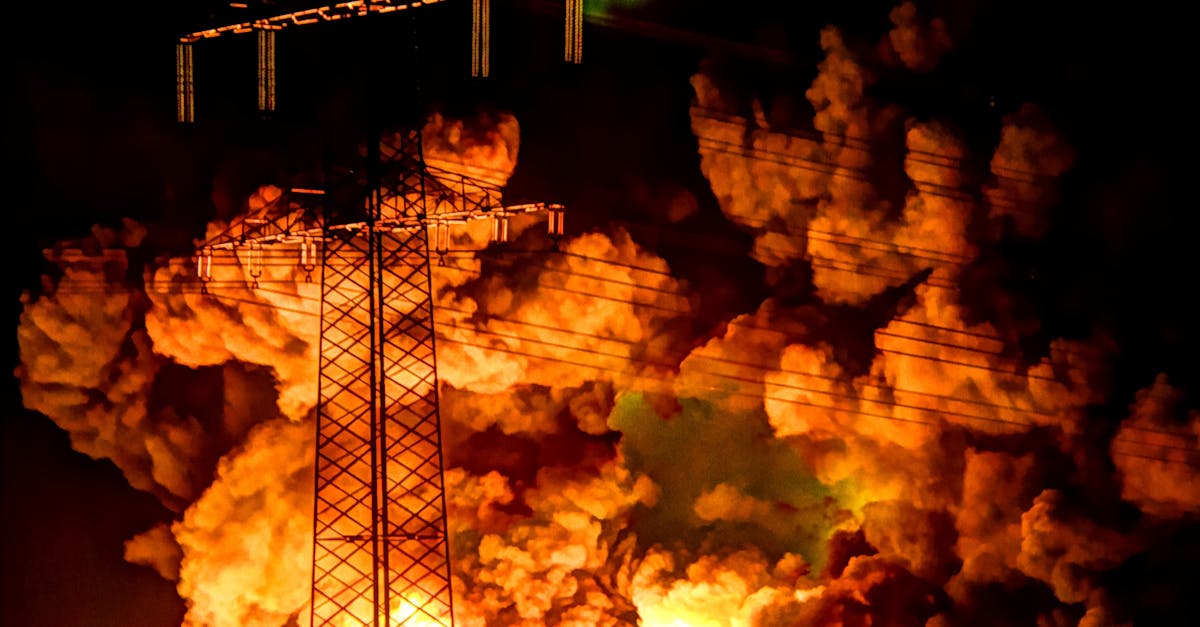
Table Of Contents
DIY Flushing vs. Professional Service
DIY flushing of your water heater can be a cost-effective approach for homeowners who are comfortable with basic plumbing tasks. This process typically involves turning off the heater, connecting a garden hose to the drain valve, and flushing water through the tank. Regular involvement in Hot Water System Maintenance can prevent sediment buildup, ultimately promoting better efficiency and performance. Many users find this an empowering experience, gaining a better understanding of their plumbing systems while saving on service fees.
On the other hand, opting for a professional service offers peace of mind for those hesitant about handling plumbing work themselves. Professionals come equipped with the necessary tools and expertise, ensuring the job is done correctly and safely. They can also identify potential issues beyond sediment buildup during Hot Water System Maintenance, addressing underlying problems before they escalate. This can save homeowners from costly repairs in the long run, making it a suitable choice for individuals prioritizing long-term management over immediate savings.
Pros and Cons of Each Approach
Flushing your water heater yourself can be a cost-effective solution. It allows you to take control of the maintenance schedule and learn more about the workings of your hot water system. With the right tools and instructions, you can complete the task efficiently. However, improper flushing techniques can lead to damage. Not everyone may feel confident in their DIY skills, which poses a risk for mishaps during the process.
On the other hand, hiring a professional service for hot water system maintenance ensures that the job is done correctly. Experts have the necessary experience and expertise to identify potential issues while performing the flush. This approach may be more expensive upfront, but it can save money in the long run by preventing costly repairs or replacements. Relying on professionals may also foster a sense of trust, yet it may limit your understanding of your water heater’s operational aspects.
Potential Risks of Not Flushing Your Water Heater
Neglecting to flush your water heater can lead to a buildup of sediment and minerals over time. This accumulation can create blockages within the system, reducing the efficiency of hot water production. If left unaddressed, it may lead to overheating or even damage to the heating element, increasing the risk of costly repairs. Regular hot water system maintenance is essential in preventing these issues and ensuring optimal performance.
Failure to perform routine flushing can also significantly shorten the lifespan of your water heater. As sediment settles at the bottom of the tank, it can cause corrosion and rust, leading to leaks. The need for premature replacement becomes more likely without proper upkeep. Incorporating hot water system maintenance into your routine helps to extend the longevity of your unit, ultimately saving you time and money on replacements.
Impact on Lifespan and Performance
Regular maintenance of your hot water system can significantly extend its lifespan. When sediment builds up in the tank, it leads to corrosion and reduces the efficiency of the heating element. As a result, homeowners may experience a decrease in water temperature or notice longer wait times for hot water. Flushing the system removes these deposits, which helps ensure the heating components work efficiently and can prevent costly repairs or replacements down the line.
Performance issues can arise from neglecting routine maintenance. A well-flushed water heater operates more effectively, providing a consistent supply of hot water. On the other hand, accumulated sediment can create noise and even lead to water leaks. Prioritizing hot water system maintenance not only improves performance but also contributes to overall energy savings, as the system won't need to work as hard to heat water.
Environmental Considerations
When considering hot water system maintenance, it is essential to factor in the environmental impact of your hot water heater. Regular flushing can help remove sediment buildup, which in turn enhances efficiency. A well-maintained system uses less energy and conserves water, benefiting both the homeowner and the planet. Neglecting maintenance can lead to increased energy consumption and higher greenhouse gas emissions, which contribute to climate change.
Additionally, responsible disposal practices should be part of any maintenance routine. When sediment is flushed from the system, it often contains minerals and other materials that can harm local ecosystems if not disposed of correctly. Ensuring that these materials do not enter waterways is crucial in promoting environmental responsibility. Taking the time for proper hot water system maintenance not only improves performance but also aligns with broader efforts to protect our natural resources.
Water Conservation and Responsible Disposal
Flushing your water heater not only improves its performance but also supports conservation efforts. When sediment builds up inside the tank, it can lead to increased energy consumption as the heater works harder to maintain the desired temperature. By regularly flushing the system, you ensure that it operates efficiently, which ultimately saves on energy bills and reduces your carbon footprint. Incorporating this into your Hot Water System Maintenance routine is beneficial for both your wallet and the environment.
Responsible disposal of wastewater is crucial during the flushing process. Sediment and minerals removed from the tank should be disposed of appropriately to prevent contamination of local waterways. Some individuals may consider using the waste to fertilize gardens or for other uses, as long as the materials are non-harmful. Taking these steps in conjunction with Hot Water System Maintenance ensures that the entire process respects ecological principles while enhancing the longevity of your equipment.
FAQS
How often should I flush my water heater?
It is generally recommended to flush your water heater at least once a year to remove sediment buildup and maintain optimal performance.
What are the benefits of flushing my water heater?
Flushing your water heater can improve its efficiency, extend its lifespan, and enhance water quality by removing sediment that can cause rust and corrosion.
Can I flush my water heater myself, or should I hire a professional?
You can flush your water heater yourself if you are comfortable with basic plumbing tasks. However, hiring a professional can ensure the job is done correctly and safely.
What are the potential risks of not flushing my water heater?
Failing to flush your water heater can lead to sediment buildup, which may reduce efficiency, increase energy costs, and even cause damage to the unit, potentially shortening its lifespan.
How does flushing my water heater contribute to environmental conservation?
By maintaining your water heater's efficiency through regular flushing, you can reduce energy consumption and waste, contributing to overall water conservation and responsible resource management.





























